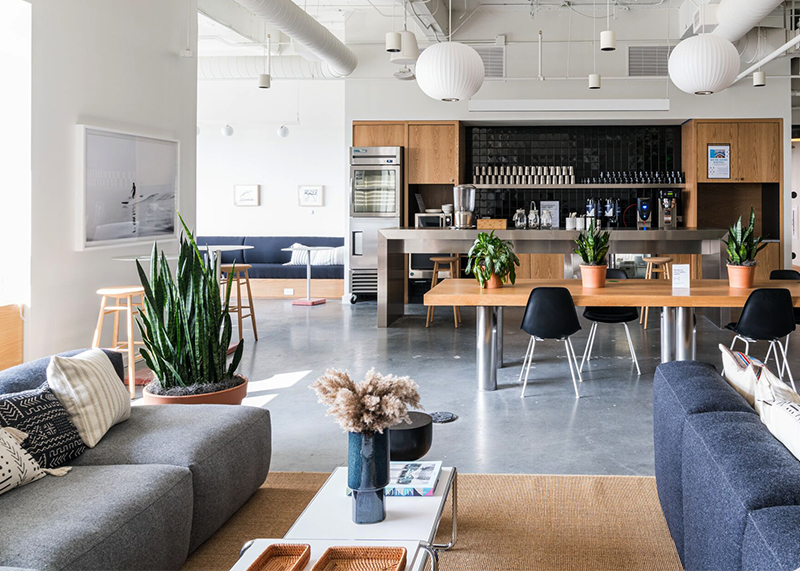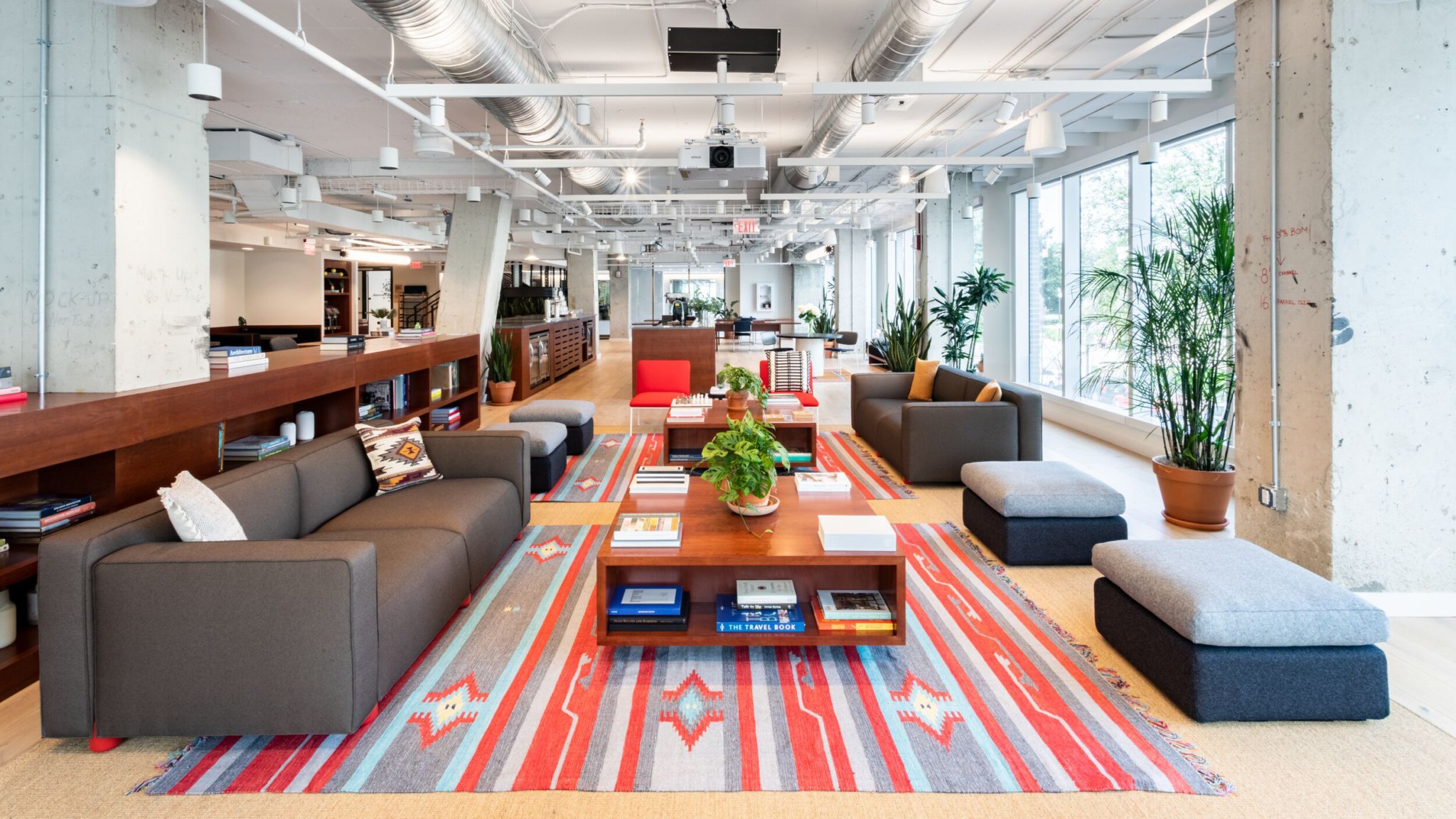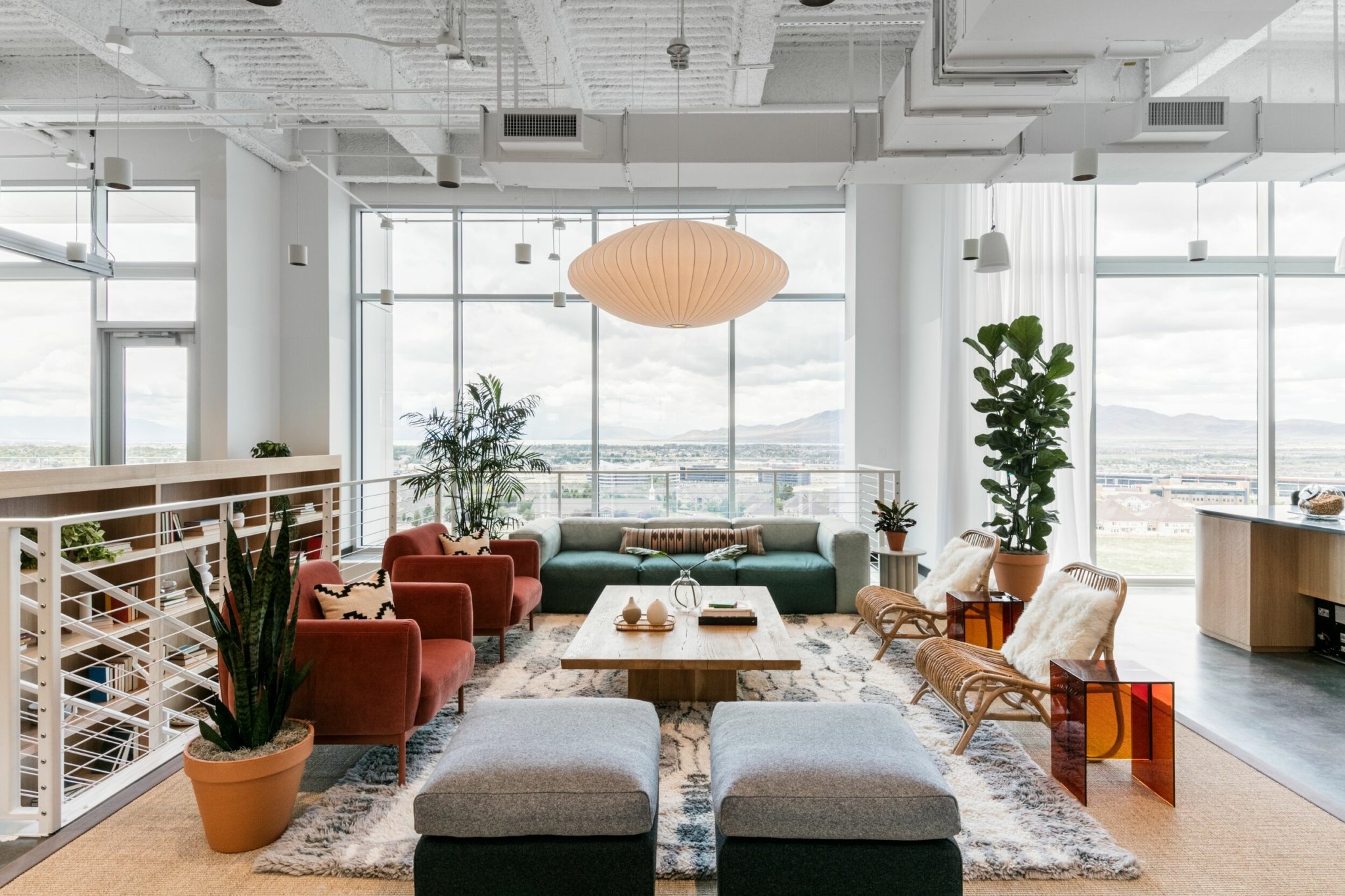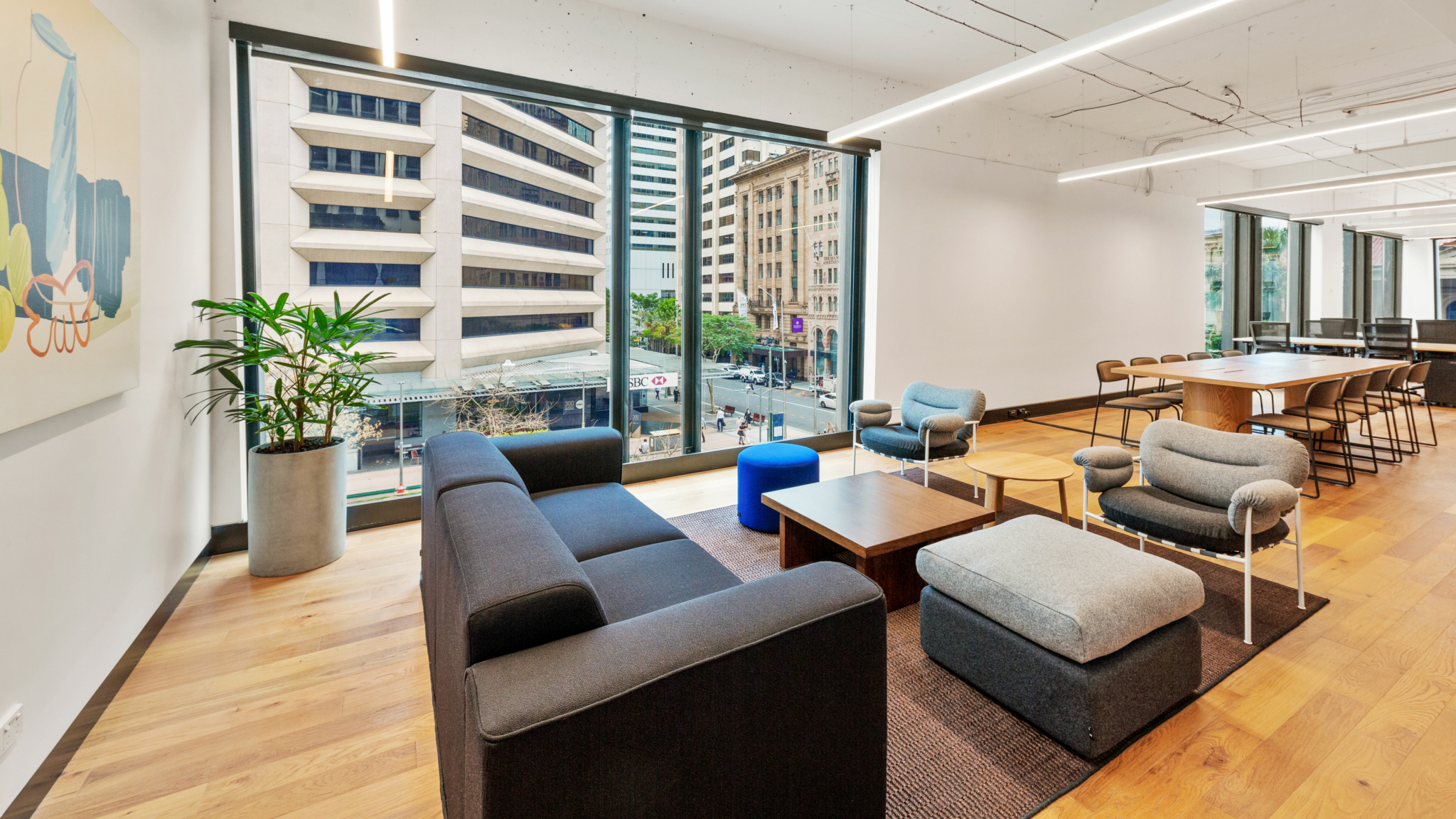As the COVID-19 pandemic continues, we’ve never been more keenly aware of innovation in healthcare and its potential to transform lives. In the past year, organizations in the healthcare space have not only made breakthroughs in COVID-19 prevention, detection, and treatment. They’ve also been dedicating time and resources to ensuring safe and accessible care, discovering new treatments for other challenging medical problems, and heading off the next global health crisis. And they’re doing all of this while finding new solutions to support both creativity and safety in spaces where their team members collaborate.
Around the globe, WeWork provides flexible solutions that give healthcare innovators the spaces they need to carry out their vital missions. Here are just a few examples of what that looks like.
Working in-person without worry
The problem: Chicago-based WellBe Senior Medical is a startup that offers coordinated, home-based care for seniors—and has been in “explosive growth” mode since the COVID-19 pandemic began. “Home-based medicine has never been more important,” says Brian Reuhl, the company’s director of marketing and communications.
With an already strong presence in the Chicago and Atlanta areas, WellBe needed more space because it was looking to expand into new markets as a result of teaming up with more health plans.
The solution: When WellBe first partnered with WeWork it had two, two-desk spaces. Today, WellBe has multiple offices at WeWork 20 W Kinzie St in Chicago and at WeWork 1155 Perimeter Center West in Atlanta. For the company, there is great comfort in knowing that no matter what market it expands into next, WeWork will likely have a presence. WeWork has also enabled WellBe to support social distancing even as it onboards new employees, Reuhl says.

The result: WellBe employees have been working in the office, in person, since midsummer. “Because of WeWork’s safety precautions and all the cleaning and cleanliness that they’ve implemented, we’ve really been able to keep our workforce in full force and as safe as possible,” Reuhl says. The company never had to give a second thought to whether their spaces had sanitizing wipes and toilet paper—even when there were national shortages of both. “That’s just one less thing to worry about in such a strange and busy time,” he says. “[WeWork] allows us to focus on what’s most important, which is bringing on our new team members and making sure that our processes are in place and fully operational.”
Expanding from five desks to a full floor
The problem: For a biopharmaceutical company in New York City, partnering with WeWork started with just five desks. Since then, the company has been growing fast—as has its demand for more space. Not only did the company need a full-floor option to accommodate additional team members, but because of the nature of the member’s work, secure WiFi to protect sensitive information was also a concern.
The solution: WeWork was able to provide the company a full headquarters, which proved to be the ideal fit. In just 23 days, WeWork delivered a flexible and cost-effective solution with only a 12-month commitment on the company’s part.
The result: Now encompassing an entire floor, the company has the freedom to add team members and scale as quickly as needed. And since the space has its own WiFi network, the company’s information is kept secure.
Decentralizing with satellite offices
The problem: A Fortune 500 global pharmaceuticals company has long relied on WeWork to consistently deliver on time and under budget. This member’s latest workspace challenge was launching a new spinoff company.
The solution: In establishing the spinoff company, the company has become a leader in some of the top emerging workspace trends spurred by the COVID-19 pandemic. The member chose WeWork All Access to de-densify and decentralize its team in custom offices with flexible terms around the world. WeWork All Access allows employees to work from hundreds of WeWork buildings in cities around the world, so employees can be empowered in choosing the location that makes the most sense for them.
The result: WeWork is helping the company stand up 30 to 40 custom global satellite offices in a range of sizes. The approach of “working from near home” supports both employee productivity and safety as the company globalizes efficiently.
While each of these companies has unique needs, they all found WeWork products that not only meet those needs but also evolve right along with their businesses. This frees them up to focus on healthcare innovation and creating tomorrow’s breakthroughs—the things they do best, and do well.
Sarah Beckham is a freelance writer and editor based in Austin, Texas. Previously, she was assistant features editor for the daily newspaper in Austin and a columnist on personal and career development.
Rethinking your workspace?










